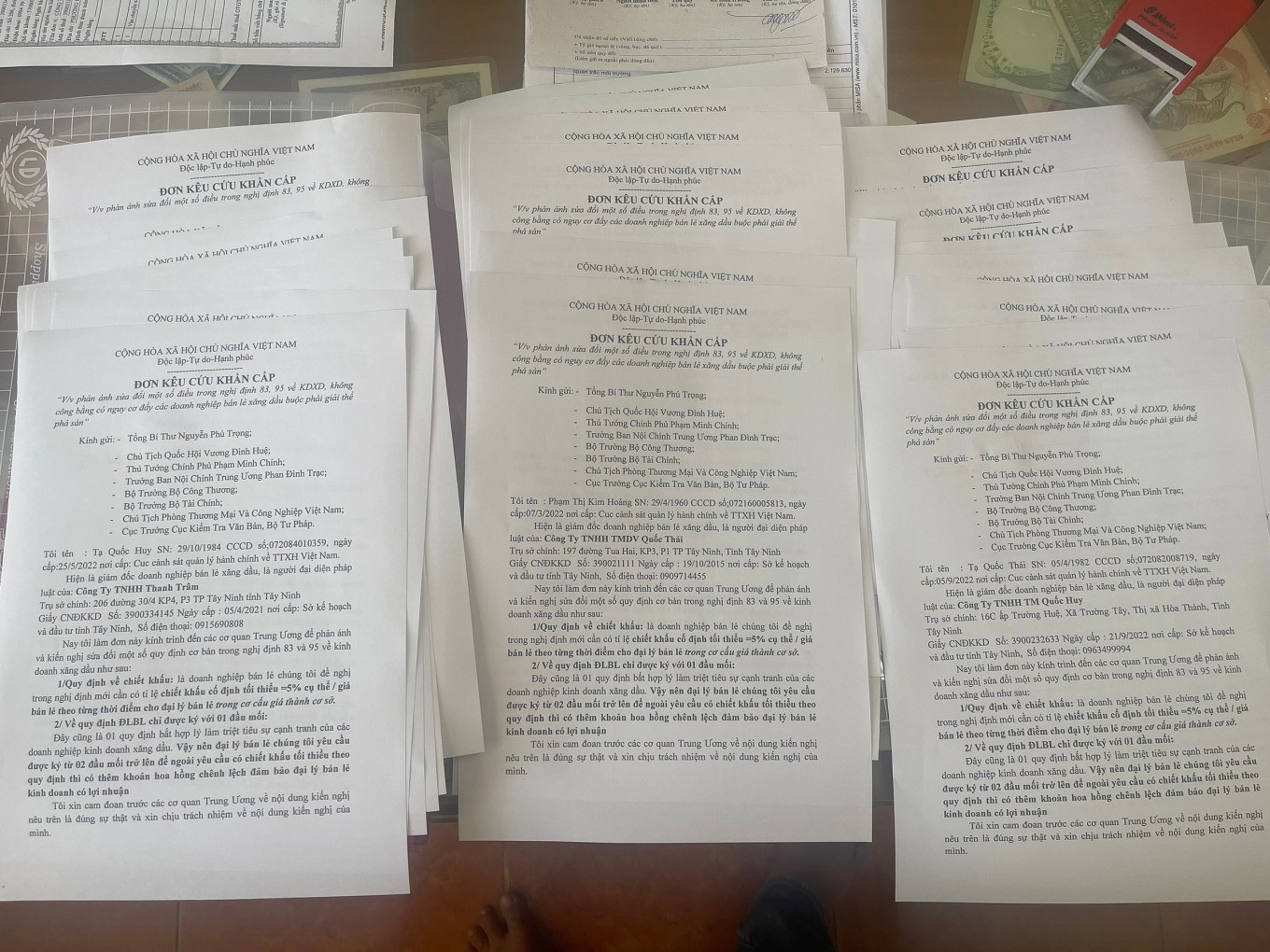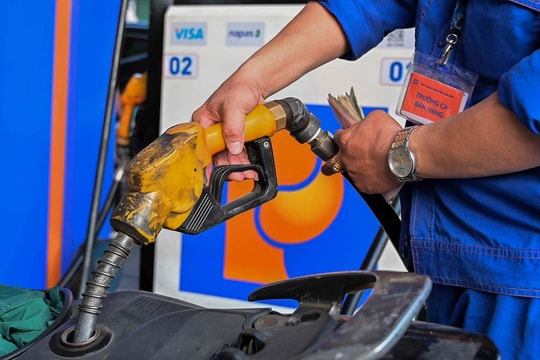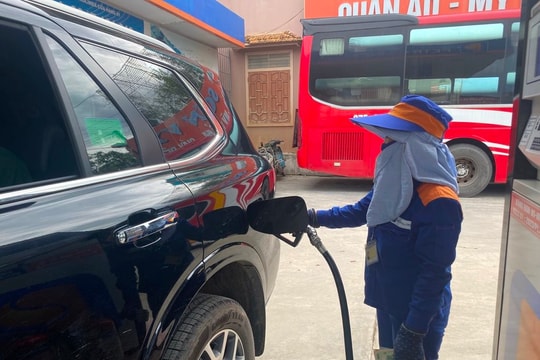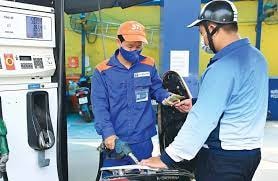Hundreds of petroleum businesses send petitions to the Prime Minister
In an urgent petition sent to the Government Office, 250 business owners said that some regulations on petroleum trading are causing them heavy losses and exhaustion.
More than 250 urgent petitions about market instability have just been sent to the Prime Minister by petroleum retailers. These are retail businesses that own nearly 9,000 stores nationwide. These petitions revolve around amending regulations on petroleum trading (in Decree 83/2014 and 95/2021).
In the petition, 250 business owners proposed to get goods from three different sources such as distributors to avoid local shortages and shortages.
"If we only allow imports from one source, it will eliminate competition among petroleum businesses," said Mr. Le Van Bau, Director of Le Hong Thu Company Limited.
In addition to the problem of goods sources, businesses recommended that it is necessary to amend regulations on the formula for calculating base prices, discount rates... to ensure fairness and soon end the situation of "opening for sale leads to losses, closing leads to being punished by authorities" for over a year.
Mr. Huynh Tran Thanh Phong, Director of Huy Phi Long One Member Co., Ltd., shared that since September 2021, his company has been continuously suffering losses due to unfair discount regulations. Over the past year, the company only received a discount of 100-200 VND per liter of gasoline, while high input costs for distribution caused the company to lose half a billion VND.
"I am losing money but I still have to continue operating. If this situation continues, the company will have to dissolve," Mr. Phong stated in the petition.
 |
| Petitions from 250 petroleum retail businesses nationwide on the morning of February 3. Photo:Linh Dan |
Similarly, hundreds of other businesses also said they are suffering heavy losses, some units losing as much as tens of billions.
According to Mr. Giang Chan Tay - Director of Boi Ngoc Company, in the past six months, retail businesses have been "squeezed", without discounts they still have to do business, causing them heavy losses and exhaustion. There is injustice in the market when distributors are allowed to sell both wholesale and retail to compete with retailers. They enjoy many benefits in wholesale prices and have the initiative in sourcing goods. Therefore, when the market is unstable, they reduce discounts, squeezing retailers.
"I propose that the new decree should have a fixed discount rate of at least 5% on the retail price at each point in time for retail agents in the basic cost structure," Mr. Tay proposed.
In fact, according to the regulations in the basic price calculation formula, there is a standard business cost for each liter of gasoline (1,000-1,250 VND per liter depending on the type), but at many times, according to the retailers, the main enterprises kept the entire amount above, giving a discount of 0 VND, causing many distribution units to suffer heavy losses in the past time.
The director of a gasoline retail system with more than 20 stores in Ho Chi Minh City said that he had lost tens of billions of dong because the gasoline discount was always zero. Therefore, if a minimum discount level is stipulated in the base price when amending Decree 83 and 95, retail businesses will avoid the situation where key businesses and distributors offer a discount of zero dong.
The petrol market has recently been unstable again and according to businesses, the management mechanism, especially at the retail level, is not suitable.
Recently, the Ministry of Industry and Trade has proposed to increase the position of retail businesses, by allowing them to get goods from 2-3 sources. This is to diversify the supply of gasoline for agents, increasing the position of retail businesses in purchasing negotiations.
Regarding the discount rate, the Ministry of Industry and Trade still maintains the view that there is no minimum rate, so that businesses can decide and adjust flexibly to ensure the harmony of interests in each stage, in accordance with market supply and demand. In order to ensure the interests of retail stores, when signing an agency contract (franchise), agents need to provide terms on the minimum discount rate with the supplier.
Currently, the petrol market has about 17,000 stores, of which 3,000 are owned by two state-owned enterprises, the rest belong to retailers.
The draft amendments to Decrees 95 and 83 on petroleum trading are developed following a simplified procedure. The amendments aim to address recent market instability, in order to achieve the goal of ensuring petroleum supply and national energy security.




